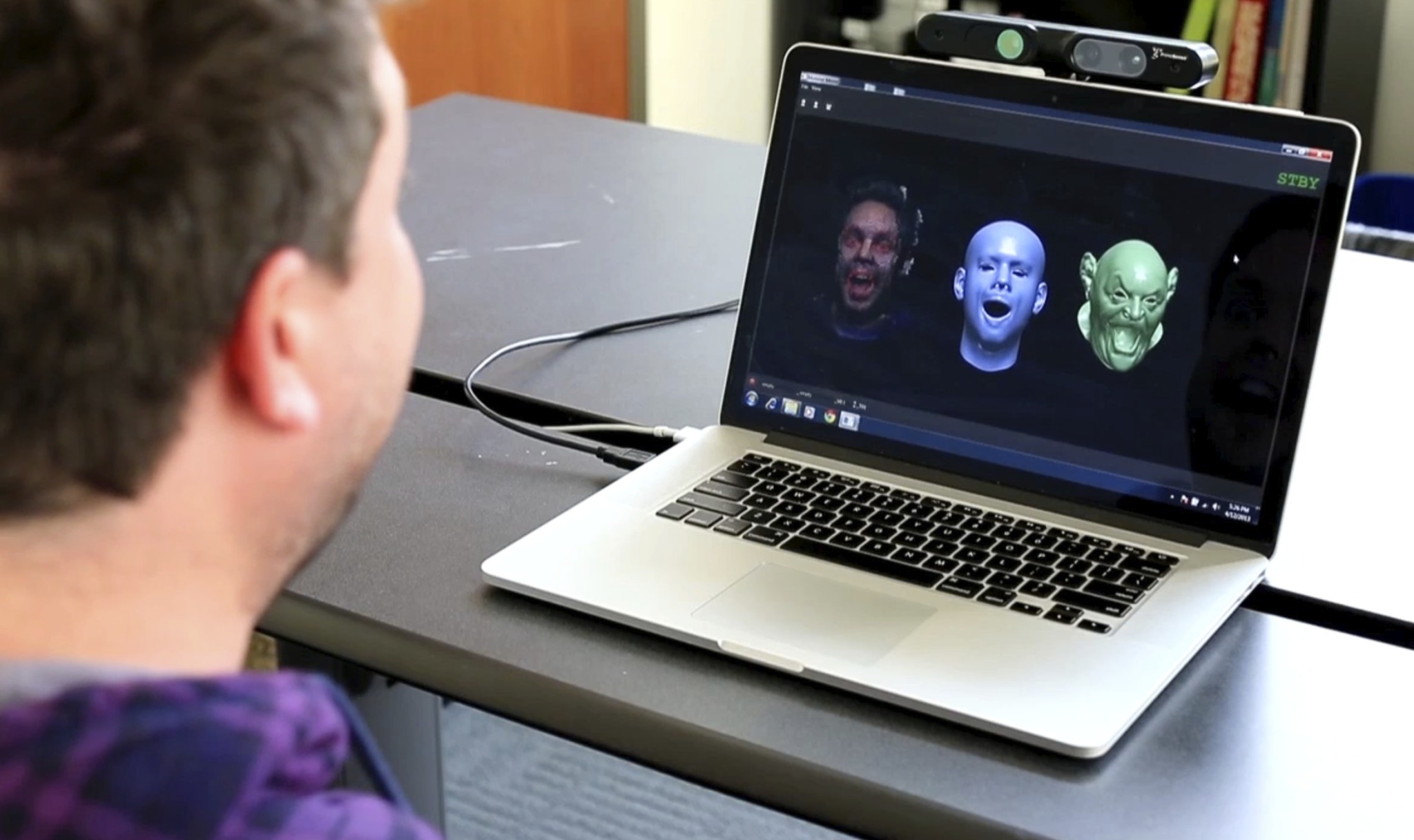Virtual Reality Approaches Total Immersion
Based on current trends in visual engineering, you may soon be able to create a faithful VR experience right from your phone.

NEW YORK — Virtual reality is only just starting to catch on with the general public, but experts in the field already see how far it can go in the not-too-distant future. Virtual reality provides big opportunities for movies and games, but you may be surprised that creating a faithful VR experience right from your phone could be real very soon.
I attended the University of Southern California's Global Conversation 2014, entitled "Defining Future Reality," where VR was the topic du jour. With gadgets like the Oculus Rift on the way, it's easy to see VR solely as a gaming peripheral, but it has the potential to be much more.
MORE: 5 Technologies That Are Way Older Than You Think
Elizabeth Daley, dean of the USC School of Cinematic Arts, kicked off the afternoon's talk by discussing how VR can advance diplomacy, health, education and entertainment — sometimes all at once. For example, she explained how she saw a VR experience simulating life in a Syrian refugee camp bring hardened UN delegates to tears.
Alex McDowell, a visiting associate professor, was a production designer on films like Minority Report and Man of Steel. VR can help filmmakers like him prototype fantastical or futuristic scenes before a real actor ever hits the green screen. Creating the profoundly vertical city from Minority Report, McDowell said, helped the movie from both a practical and story perspective. This kind of world-building was previously restricted to J.R.R. Tolkien's Lord of the Rings, or a Dungeons & Dragons campaign, he explained.
One of the conference's most intriguing suggestions came from Yannis C. Yortsos, dean of the USC Viterbi School of Engineering. He said that while engineers were making good progress toward replicating the visual and aural aspects of VR, it's much more uncommon to tackle sensory data like taste, smell and touch. He suggested, too, that a startup interested in such things could make a whole lot of money.
Hao Li, a computer science professor, spoke last, and had the most consumer-oriented things to say. VR tech, he argued, goes hand-in-hand with technology like 3D scanning and motion capture. At the rate 3D scanning technology is advancing, users might be able to perform sophisticated mocap right on their phones and insert themselves as avatars in personalized games or social media profiles.
Sign up to get the BEST of Tom's Guide direct to your inbox.
Get instant access to breaking news, the hottest reviews, great deals and helpful tips.
"Our ultimate goal is the holodeck [from Star Trek]," Li said. While VR technology isn't quite at that level yet, it's at least in the early stages of getting there.
Marshall Honorof is a Staff Writer for Tom's Guide. Contact him at mhonorof@tomsguide.com. Follow him @marshallhonorof and on Google+. Follow us @tomsguide, on Facebook and on Google+.
Marshall Honorof is a senior editor for Tom's Guide, overseeing the site's coverage of gaming hardware and software. He comes from a science writing background, having studied paleomammalogy, biological anthropology, and the history of science and technology. After hours, you can find him practicing taekwondo or doing deep dives on classic sci-fi.
-
everygamer Virtual Reality will not reach total immersion unless they can override all sensory from the body and replace it with the virtual experience.Reply
What they are doing right now is creating a workable virtual reality that brings enough immersion to the table to be a truly new entertainment experience. VR wasn't very functional before because the technology couldn't bring position tracking into play in a way that would keep someone from getting motion sickness.
All the big players in the VR industry say were are in the very early days of the technology, that it won't be a full, broad audience experience at least for a decade or two.

